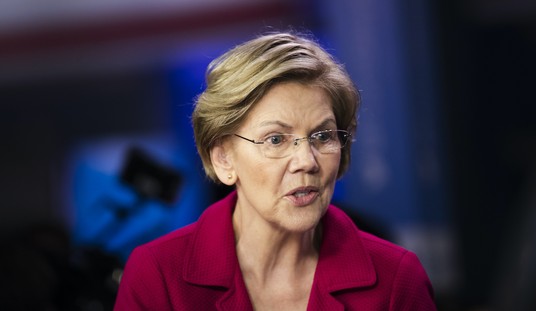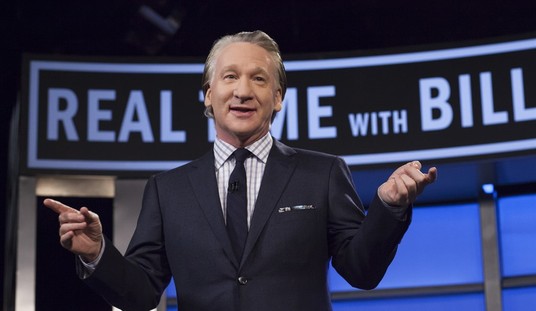
In recently leaked diplomatic memos sent to the British Foreign Commonwealth Office, British Ambassador to the U.S. Sir Kim Darroch delivered some nasty blows to President Trump and his administration. Sir Kim wrote, “As seen from here, we don’t really believe this administration is going to become substantially more normal; less dysfunctional; less unpredictable; less faction riven; less diplomatically clumsy and inept.” In fact, it’s a real possibility that “his career could end in disgrace.”
Predictably, President Trump responded to Darroch’s criticism by tweet, writing that the U.S. will no longer work with him.
It is the job of an ambassador to observe and evaluate what’s going on in their host country and to report back to their home country. After news of the leaks broke, the British FCO said as much in a statement.
The British public would expect our Ambassadors to provide Ministers with an honest, unvarnished assessment of the politics in their country.
Their views are not necessarily the views of Ministers or indeed the government. But we pay them to be candid. Just as the US Ambassador here will send back his reading of Westminster politics and personalities.
Nevertheless, several days later, an announcement that Sir Kim would resign was made.
This week, it was reported that Sir Kim had vouched for British spy and dossier author Christopher Steele, telling a U.S. official that he was “legit.”
On Monday, the Washington Examiner’s Tom Rogan reported the most serious charge against Sir Kim of all, a truly fireable offense. Two of Rogan’s sources, one a current U.S. official and the other a former official, told him that the British ambassador had “repeatedly leaked classified U.S. intelligence information, including highly classified information, to a journalist for a U.S.-based media outlet.”
Rogan’s source told him the U.S. government had launched an official investigation after becoming aware of the leaks which he described as “very sensitive.” He wrote:
That source says that non-U.S. government derived records showed the ambassador and journalist exchanging messages on a continuing basis. The source emphasized that these communications were not derived from U.S. government actions.
Rogan was unaware of when the investigation began or if it had ended. According to one of the sources, Sir Kim:
Repeatedly transmitted highly classified U.S. originator-control intelligence information to the journalist. ORCON intelligence, as it’s called in the intelligence world, is closely held and carefully distributed. At least some of this information was classified at the “Five Eyes” alliance classification level, meaning it was distributed by the U.S. only to Australia, Britain, Canada, and New Zealand. Some intelligence may also have been classified at the U.S.-U.K. only level. Such intelligence is transmitted only on the condition of established protocols and the assumption it will be closely held.
…
Any investigative attention towards a British ambassador will raise eyebrows. Five Eyes protocols prohibit intelligence monitoring of allies. While this rule is occasionally bent, its malleability is tempered by the need to sustain shared trust.
Conversely, were the ambassador of America’s closest ally found to have leaked highly classified U.S. intelligence, it would undercut the trusting relationship of the two closest allies.
Rogan said this is not unprecedented. “Sensitive leaks in media have occurred repeatedly in both directions across the Atlantic.”
Following the May 2017 suicide bombing of a concert in Manchester, England, U.S. media leaks of British intelligence led Britain to temporarily suspend the sharing of certain intelligence material with the U.S. government. At the time, Trump described those leaks as “deeply troubling” and said that Prime Minister Theresa May was “very angry.” In 2006, British intelligence officials were similarly enraged by U.S. action against al Qaeda operations officer, Rashid Rauf, at the culmination of an investigation into a plot against transatlantic passenger aircraft departing Britain.
Sir Kim’s criticism of the President in his cables to the British FCO were merely embarrassing. Leaking classified intelligence to a media outlet is not only unethical and an abuse of power, it poses a danger to national security. It is a serious offense.
Understandably, once the UK government appoints a replacement, Sir Kim will step down.













Join the conversation as a VIP Member